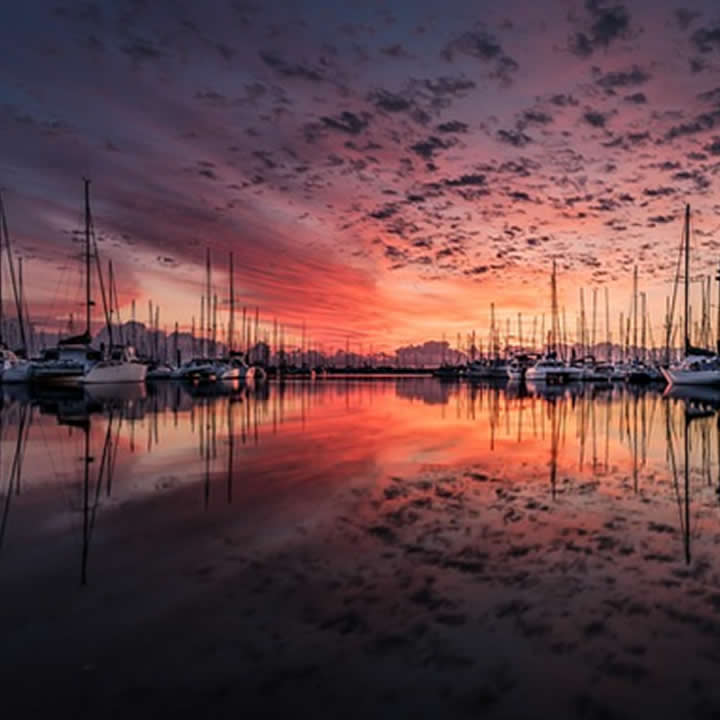Thanks to the explosion in e-commerce and the subsequent globalization of major companies, the maritime industry is enjoying more job opportunities than ever before (including a boom Houston maritime lawyers). It’s a compelling career choice, with six-figure salaries being the norm in addition to healthcare coverage, low education requirements and the opportunity to get paid to travel.
But all great careers are offset with some sort of cost. In the case of a job at sea, it can be challenging and often dangerous. A good crew will take preventative measures to ensure the safety of everyone on board, but accidents do happen (hence the boom in Houston maritime lawyers).
Knowing the dangers will help you better prepare yourself for your first maritime career. You can also take the right steps to ensure your ability to keep working or, at the very least, receive compensation if you’re injured at sea. Consider this undefeated Houston maritime lawyer who will help you receive the best settlement possible in the event of an accident.
Injury Hazards
Slip and fall injuries are some of the most common accidents to occur aboard vessels at sea which is why most maritime lawyers lawyers also double as slip and fall lawyers. With sleek surfaces, the movement of the ocean, and a lack of safety measures such as non-skid protectants, you need to ensure that you take steps to prevent costly fractures, falls into the water, as well as bone and head injuries.
Diseases and Cancer
Workers who practice their trade in shipyards and ship building environments are often exposed to dangerous levels of asbestos. Over time, inhaling these toxic fumes can lead to severe fibrosis and lung disease.
There is also a form of cancer known as mesothelioma that can be picked up from inhaling asbestos. That’s why it’s important to ensure that your employer has implemented safety measures such as breathing apparatus to prevent this.
Chemical Hazards
Oil rig platforms are home to a variety of hazardous chemicals that could spill on workers and cause loss of limb function or severe burns. These chemicals are also found on ships and can be corrosive, flammable or explosive.
Piracy
While you may think that piracy & pirates who have no care for maritime law were a thing of the past, it’s still prevalent in many parts of the world where ships are known by criminals to handle valuable cargo. Workers on oil platforms are also at risk of dealing with environmental activists such as Greenpeace, who aim to disrupt maritime activities.
Diving
If you plan on working as a diver performing welding or salvage activities, the extremely high salaries make it a compelling career choice. However, you should be aware of the many dangers that make the pay so high, such as underwater explosions, drowning, getting lost and being injured by falling objects.
Erratic Hours
Maritime & maritime law are 24/7 industries, which means you’ll inevitably deal with few hours of sleep and having to work over long periods of time at a moment’s notice. Exhausted workers are more likely to slip-up, so be sure that you are mentally prepared for this kind of job.
While these dangers may be off-putting, it’s worth keeping in mind that they are the price to pay for the above mentioned benefits. It would be difficult to find a career that doesn’t come with this type of balance in one form or another.

